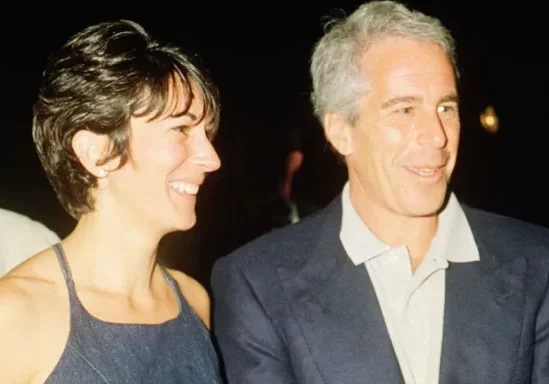Finding Healing After Church-Related Hurt—Without Losing Your Faith

SHARE
It often begins with a whisper in the soul—a tug toward worship, a hunger for fellowship, a longing to be part of God’s family. Then comes the wound. Maybe it was a harsh word from a leader, a betrayal by a friend in the pew, or a season when you felt invisible in the very place you thought would embrace you. For many believers, church-related hurt cuts deeper than expected, leaving not just emotional scars but spiritual questions. How can I love God while struggling to trust His people?
Embed from Getty ImagesIf that’s you, you are not alone. Even Scripture acknowledges that the community of believers is imperfect. The apostle Paul himself faced opposition from fellow Christians, yet urged us to “bear with each other and forgive one another… Forgive as the Lord forgave you” (Colossians 3:13).
Church hurt can feel like a betrayal of trust because the church is often seen as a safe haven. But while the Body of Christ is God’s design, it is made up of human beings—flawed, growing, sometimes misguided. Healing begins with acknowledging the pain without confusing the failings of people with the character of God.
David’s Psalms often reflect this balance: lamenting hurt while clinging to God’s unfailing love. In Psalm 34:18, we’re reminded, “The Lord is close to the brokenhearted and saves those who are crushed in spirit.” Your faith can remain intact, even strengthened, when you remember that Jesus, not a congregation, is the anchor of your soul.
There’s a difference between taking a season to heal and abandoning your faith. Some believers find renewal by shifting their focus to personal devotion—reading Scripture, praying, and worshiping privately—before re-engaging in church life. This is not spiritual isolation; it’s intentional rest.
Jesus often withdrew to solitary places to pray (Luke 5:16). That rhythm of retreat and return can help you process hurt in God’s presence before returning to community with a healthier perspective.
Forgiveness is rarely a single moment—it’s often a process. You may need to forgive multiple times as memories resurface. But holding onto resentment chains you to the offense. Christ’s example on the cross—“Father, forgive them, for they do not know what they are doing” (Luke 23:34)—reminds us that forgiveness is not about minimizing the wrong, but about freeing the heart from bitterness.
When you’re ready, seek fellowship with discernment. Not every church culture will be the right fit, and that’s okay. Look for fruit of the Spirit in leaders and members (Galatians 5:22–23). Remember, the church is still God’s chosen vessel to encourage, teach, and equip believers (Hebrews 10:24–25).
Healing from church hurt is not about erasing the past but about allowing God to redeem it. Just as Joseph told his brothers in Genesis 50:20, “You intended to harm me, but God intended it for good,” so can your pain be transformed into a deeper, more unshakable faith.
The wounds may have come through the church, but the healing will always come through Christ.
*Cover Photo/Thumbnail Photo from bibleart.com
RELATED ARTICLES

Pastors Speak as Darkness Comes to Light

James Van Der Beek’s Last Words: Worthy of God’s Love

Our Pledge to You: Optimal comfort, Convenience, and Flexibility

STREAMING! Darren Criss, Ariana DeBose, Jeremy Jordan, & more at the 54 Below Gala








